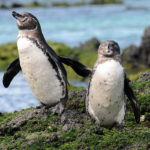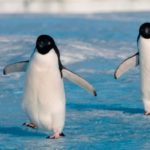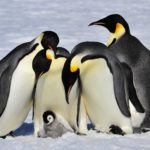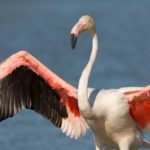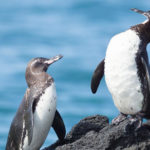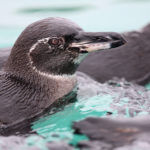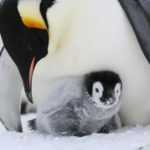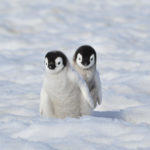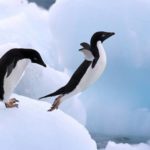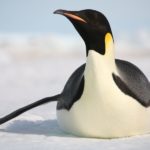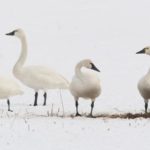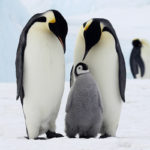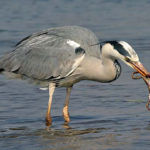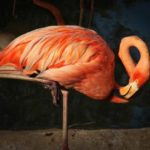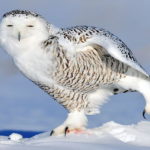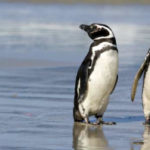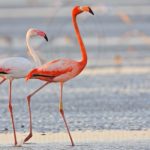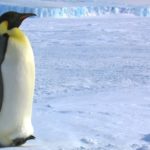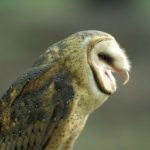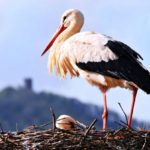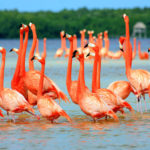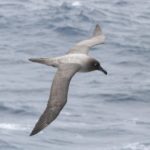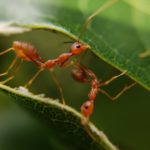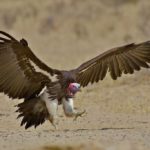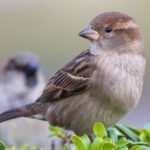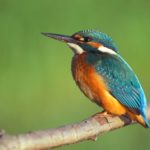Penguins – information
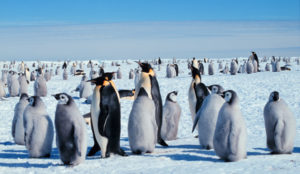 Penguin breeding sites are of two types. Those species that form large colonies nest next to each other, at a distance of a meter, the nests in this case represent a primitive fossa or hummock, poorly decorated with improvised material (pebbles and other debris).
Penguin breeding sites are of two types. Those species that form large colonies nest next to each other, at a distance of a meter, the nests in this case represent a primitive fossa or hummock, poorly decorated with improvised material (pebbles and other debris).
Species that do not form many thousands of colonies settle the nests at some distance from each other (at a distance of 10-30 m), and the nest is located in the burrow.
More often, penguins have 1-2 eggs. The chicks hatch covered with gray fluff. Parents take turns warming the chicks and bringing them food. Since the colonies of these birds can be located far from the shore, parents visit the offspring infrequently (sometimes every 2 days), but bring in a large amount of food at a time.
Imperial penguins, breeding in winter, and are forced to do without a nest: they hatch a single egg on their own paws covering it with a special crease on the stomach. And birds of this species nest in the depth of the continent, therefore the entire period of nesting is starving. Males and females bear the parental burden in turn: first the males incubate the eggs, and the females in the sea fatten, then the ladies change the cavaliers and feed the chicks.
Adult chicks are bunched into children’s groups under the protection of several adult birds. The process of feeding chicks lingering and grown-up chicks in size may even exceed adults. But then the parents give them to themselves and the chicks learn how to get their own food.
Penguins have many natural enemies. In the water, they can be attacked by killer whales and sharks, and one seal species – sea leopard – is fully specialized in feeding these birds.
On the land of penguins lies another threat: skuas and petrels are robbed in their colonies. These birds steal both eggs and chicks, the mortality of which reaches 50-70%.
The mite contributed to the destruction of penguins. Earlier, the colonies of these birds were ruined by sailors and the local population in order to collect eggs and chicks from which the fat was drowned. Now the Galapagos and magnificent penguins are under threat of extinction due to disturbance of habitat conditions.
